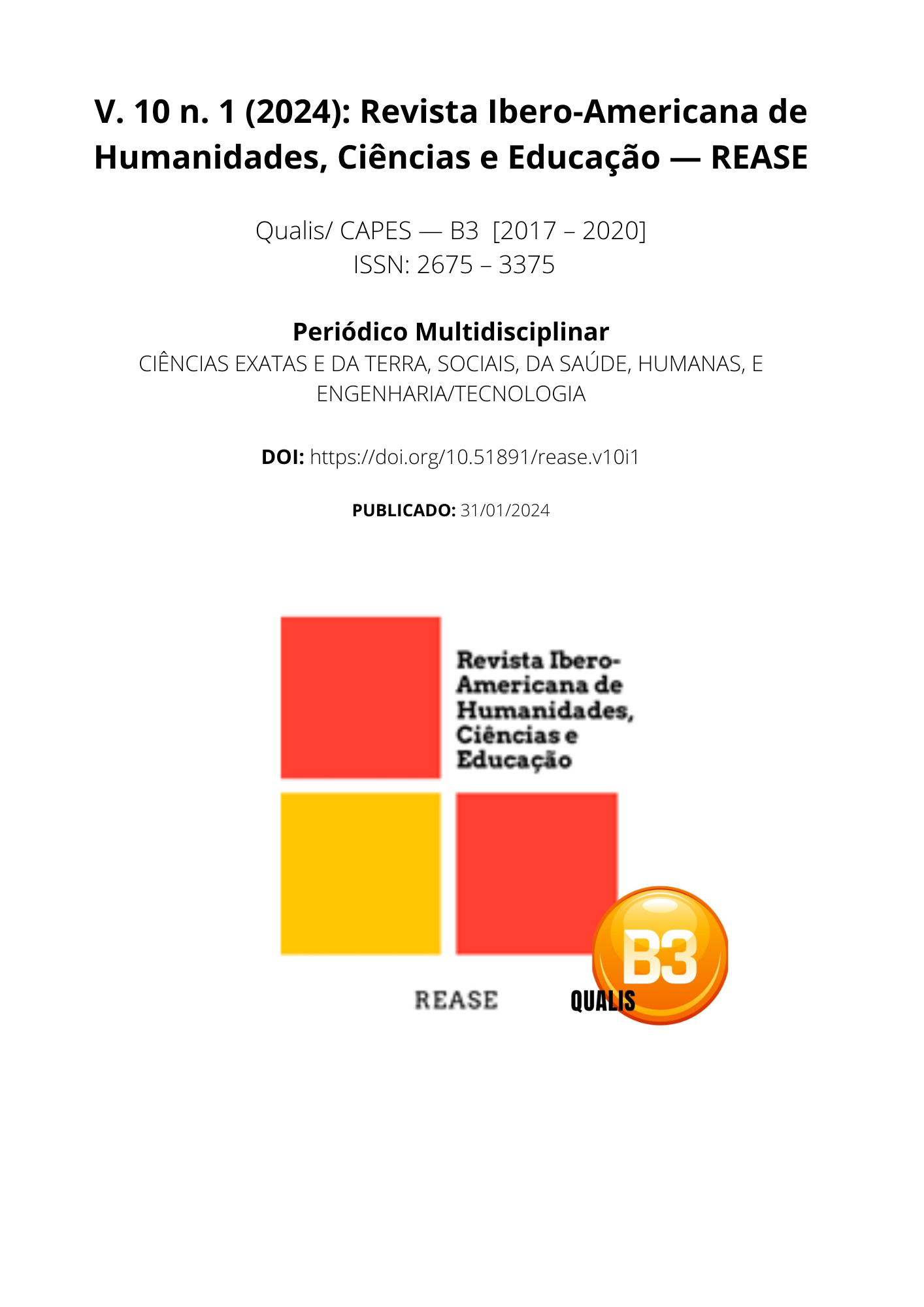WHAT ARE THE POSSIBILITIES FOR TRANSFORMING THE LIBRARY INTO AN ENVIRONMENT CONDUCIVE TO THE CONSTRUCTION OF CRITICAL THINKING ABOUT THE EDUCATION OF ETHNIC-RACIAL RELATIONS (ERER) AMONG STUDENTS? A SYSTEMATIC REVIEW
DOI:
https://doi.org/10.51891/rease.v10i1.12877Keywords:
Bookstore, Instruction of the agreement of the ethnicities of the people, racial ethnic identity.Abstract
Introduction: One of the functions of the library is to make the subject critical and aware of the knowledge coming from the reading practice and, and then, the possibility of the library becoming an environment conducive to the construction of critical thinking about the education of ethnic-racial relations (EERR) of students as its educational mission. Objective: The objective of this study was to carry out a systematic review of the literature, in order to present the possibilities for transforming the library into an environment conducive to the construction of critical thinking about students' EERR. Materials and methods: It was carried out a search for references in the Periódicos Capes and Google Scholar databases in January 2024. The search allowed the identification of 05 papers that met the established criteria. Results: From data analysis, it was possible to verify that 60% of the papers analyzed agree that their interests converge so that the library serves as a collaborative environment for reflection on critical thinking about the education of ethnic-racial relations (EERR) of students. And 20% of the papers report that the library has an annulment of Afro-Brazilian literature in its collection, which raises the question of a policy for restoring the library's collections. Finally, the other 20% resulted in awareness of the importance of the library's role in stimulating critical discernment and in forming cultural actions that culminate in the construction of a collection that deals with cultural and ethnic diversity in the formation of Brazilian citizenship. Thus, it was observed that 80% of the papers report on the need for the library to be an environment that encourages the construction of critical thinking about the education of ethnic-racial relations (EERR) among students. How much, 20% removed this possibility from their collection for their students. Conclusion: Thus, it was possible to conclude that the library has the possibility of being an environment conducive to the construction of critical thinking about the education of ethnic-racial relations (EERR) in students. However, it was found that not all libraries are prepared to become a place for transformation and construction of critical reflective thinking on the subject.
Downloads
Downloads
Published
How to Cite
Issue
Section
Categories
License
Atribuição CC BY

